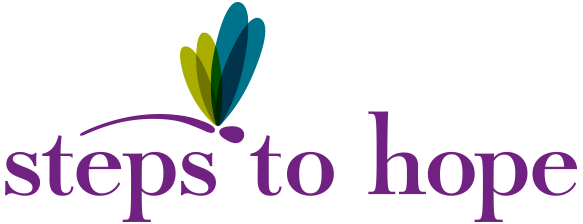Spotting the Signs: How to Identify and Report Potential Child Trafficking Cases
Child trafficking is one of the gravest human rights violations of our time, and it affects millions of children across the globe. Tragically, these crimes often go unnoticed, hiding in plain sight. Raising awareness and taking action are critical in preventing and addressing this issue. At Steps to Hope, we are committed to combating child trafficking by providing resources, education, and support to empower communities to take a stand. Together, we can make a difference in protecting vulnerable children.
Understanding Child Trafficking
Child trafficking involves the recruitment, transportation, harboring, or receipt of children for the purpose of exploitation. This exploitation can take many forms, including forced labor, sexual exploitation, and involvement in illegal activities. According to the International Labor Organization, millions of children are trafficked worldwide each year, including thousands within the United States. Many cases go unreported because the signs are often misunderstood or overlooked.
The issue of child trafficking is complex, but awareness is a powerful tool in fighting it. Steps to Hope works tirelessly to educate individuals and communities about the realities of trafficking and provide the necessary tools to identify and intervene in these cases. Through education, advocacy, and collaboration, we aim to disrupt trafficking networks and offer a pathway to safety and recovery for victims.
Spotting the Signs of Child Trafficking
Recognizing the signs of child trafficking is the first step in addressing this crisis. Traffickers often use manipulation, coercion, or force to control their victims, making it challenging for children to seek help. However, there are key indicators that can raise red flags. These include:
A child appearing malnourished, withdrawn, or overly fearful.
Signs of physical abuse or untreated medical conditions.
Inconsistent or unclear information about their age, identity, or living situation.
The presence of an older individual who seems controlling or overly protective.
A child working in inappropriate or hazardous environments.
Limited or no access to personal identification, such as a birth certificate or ID.
Steps to Hope provides valuable resources to help individuals and communities recognize these signs. By equipping people with the knowledge to spot potential trafficking situations, we can intervene before more harm is done.
How to Report Suspected Cases
If you suspect a child may be a victim of trafficking, taking immediate action is crucial. Here are the steps you can follow:
Contact Local Authorities: If you believe a child is in immediate danger, call 911 or your local law enforcement agency.
Reach Out to National Hotlines: The National Human Trafficking Hotline (1-888-373-7888) is a confidential resource that operates 24/7 and can guide you through the reporting process.
Provide Specific Information: When reporting, try to provide as much detail as possible, including descriptions of the individuals involved, locations, and any suspicious activities.
Stay Safe: Do not confront suspected traffickers directly. Allow authorities to handle the situation.
Steps to Hope is here to support you through the process. Whether you need guidance on what to do next or access to additional resources, our team is dedicated to assisting those who step forward to protect vulnerable children.
Conclusion
Identifying and reporting child trafficking is a critical step toward ending this horrifying crime. Every action, no matter how small it may seem, can save a life and contribute to creating a safer world for children. By staying informed and vigilant, we can all play a part in the fight against child trafficking.
Steps to Hope is committed to supporting communities and individuals in this mission. Visit our website to learn more about how you can get involved, access educational materials, or contribute to our initiatives. Together, we can create a future where every child has the opportunity to grow up free from exploitation and fear.

